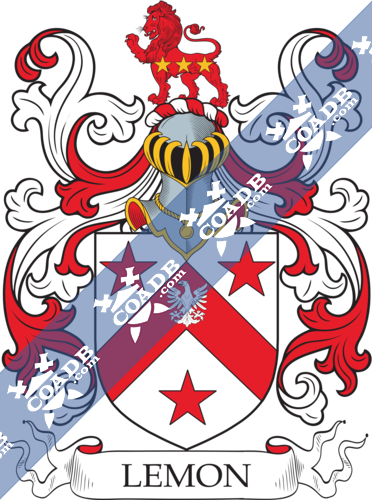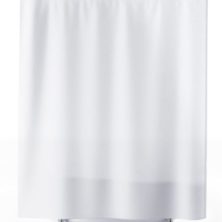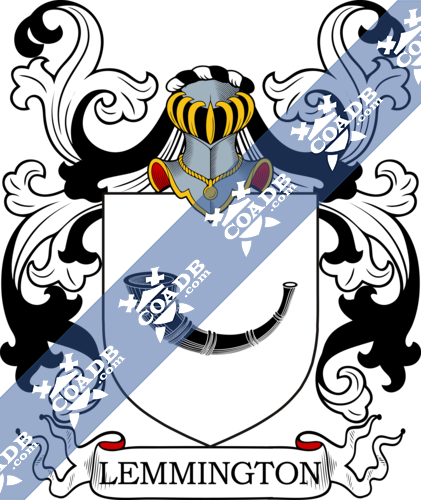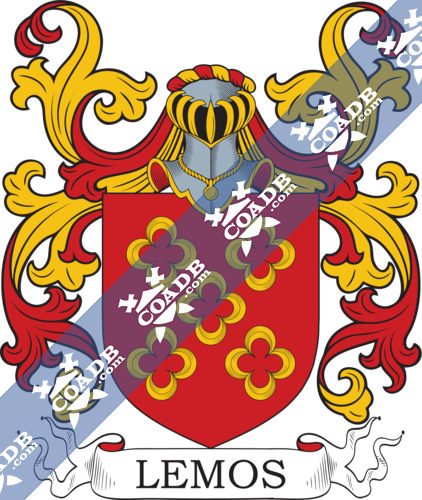Lemon Family Crest, Coat of Arms and Name History

Lemon Coat of Arms Gallery
Don’t know which Coat of Arms is yours?
We can do a genealogical research. Find out the exact history of your family!
Learn MoreLEMON
The surname Lemon comes from one of two sources. The first deriving from the Anglo-Saxon medieval personal name “Leofman”, a compound word which breaks down to “leof” or “beloved friend” and “man” which translates exactly as it sounds “man” or “male”. The second source is from the medieval Scots-Irish word Laghman which derived from the Norse-Viking word for “law man”.
The use of surnames throughout Europe was largely unheard of among the masses prior to the middle ages, the nobility were generally the only people who engaged in the practice of using surnames. However, as communities grew and people began to migrate on a larger scale, the adoption of the practice of using surnames by the general population served several practical purposes. It gave governments a reliable way to track people for tax and census purposes and it made distinguishing one person from another easier. Those not of the noble class would often be identified by their given name plus their occupation while others may have been identified by their given name and one of their parent’s names. Others may have used surnames which derived from a defining physical trait or a familiar geographical location, a topographical landmark found near the individual’s home or birthplace, or the name of the village in which the person lived.
Literacy was an accomplishment usually found only among the nobility, government scribes, and the clergy, for this reason, most of the earliest recordings of names are found in church or government documents. The same holds true for one of the earliest references to the surname Lemon or a variation in the name’s spelling, Reiner Leman, which can be found in the Knight Templar’s Records of Essex dated 1185.
One apparent issue with the record keeping of the time was the lack of continuity in the spelling of many names, a fact which could be attributed to a lack of spelling guidelines in use by the scribes and record keepers. This is apparent in the variations found of the name Other variations in the spelling of the name found in older records include Limon; Leman; Leamon; and Leemon among others.
After the founding of the Americas and the addition of countries to the British Commonwealth such as Canada, Australia, and New Zealand immigration began to occur in greater volume than ever before. One of the first immigrants to America was William Lemon who landed and settled in Virginia in 1701. John Lemon arrived in Nova Scotia, Canada in 1749. Sarah Lemon arrived in Adelaide, Australia in 1848.
Worldwide, the highest concentration of people with the surname Lemon are found in New Zealand, Australia, the United Kingdom, the United States, and Sweden. By state, the largest percentile of those with the surname Lemon live in West Virginia.
There are many persons of note who bear the surname Lemon. Sir William Lemon. 1st Baronet was English and a Member of Parliament for over fifty-four years. He received his education at Christ Church, Oxford. He was created Baronet Lemon of Carclew, Cornwall in 1774.
Lemon married Jane Buller, daughter of Parliament Member James Buller and granddaughter of Allen Bathurst, 1st Earl of Bathurst.
Sir Charles Lemon, Sir William and Lady Jane Lemon’s son inherited the his father’s baronetcy upon his father’s death in 1824. He received his education at the Harrow School. Like his father, Charles server as a Member of Parliament as well.
In addition to his service in Parliament, Charles held several other civic offices. He was appointed the Sheriff of Cornwall, and he was later appointed Warden of the Stannaries is an internal post within the Duchy of Cornwall this is the position in charge of both judicial and military functions for the Duke or Monarch. He was also elected Fellow of the Royal Society, He was President of the Royal Statistical Society, the Royal Geological Society, the Royal Cornwall Polytechnic Society, and Falmouth Board of Guardians. Charles was also a noted Freemason in Cornwall where he was appointed the fifth Provincial Grand Master of the Province of Cornwall in 1844.
Blazons & Genealogy Notes
(Carelew, co. Cornwall, bart., extinct). Ar. on a chev. betw. three mullets gu. an eagle displ. of the field. Crest—A lion pass. gu. charged with three mullets or.







